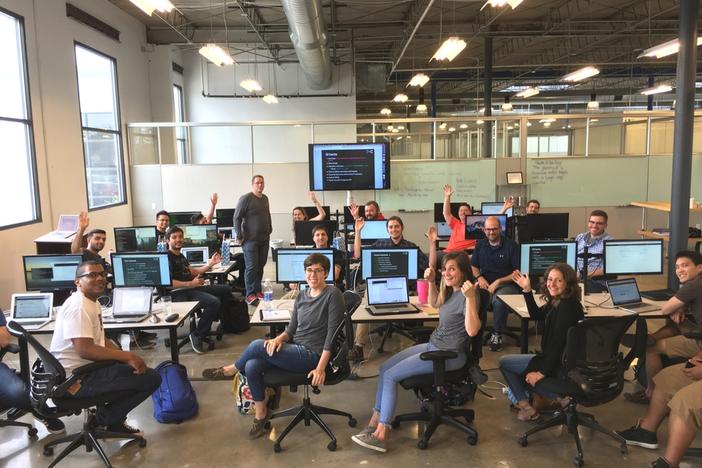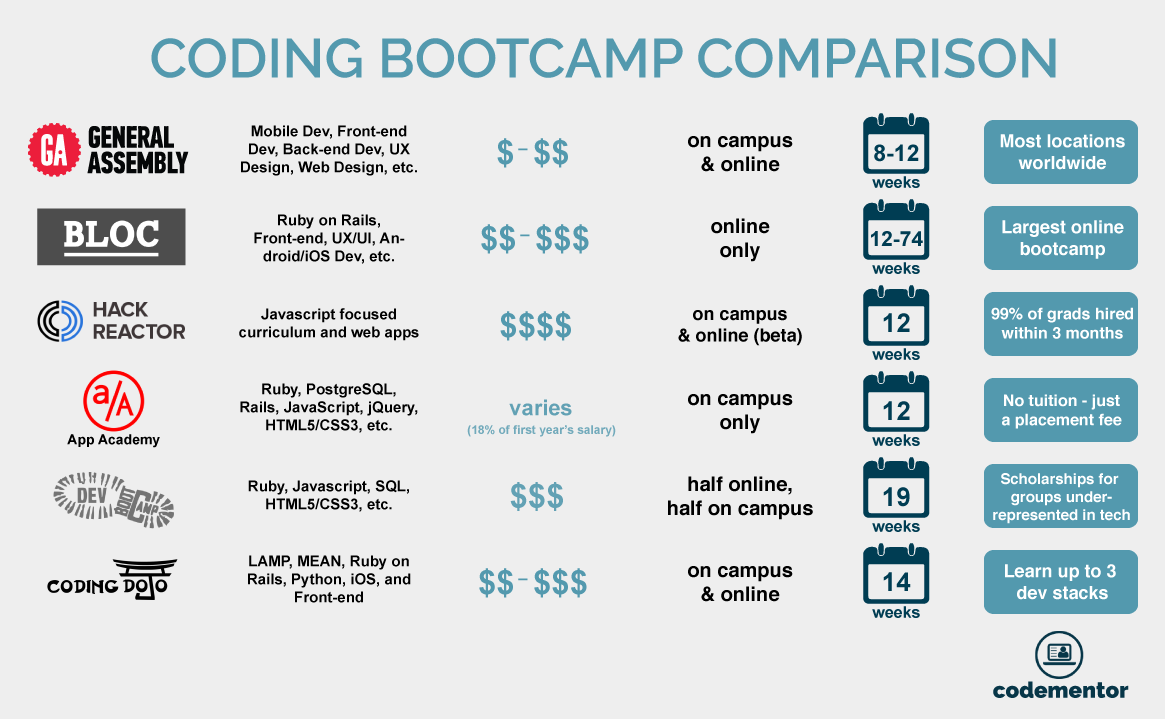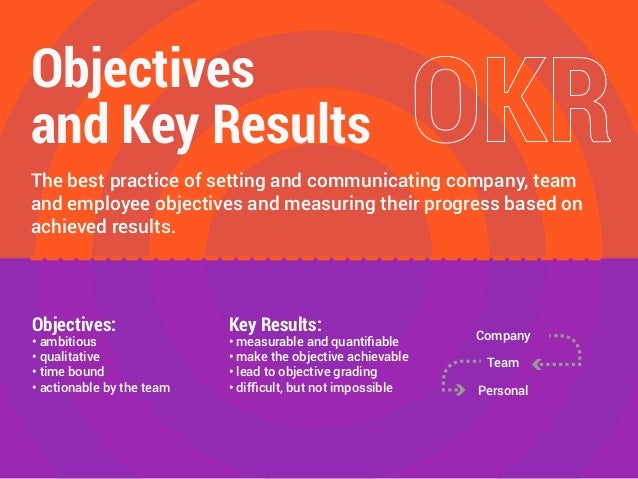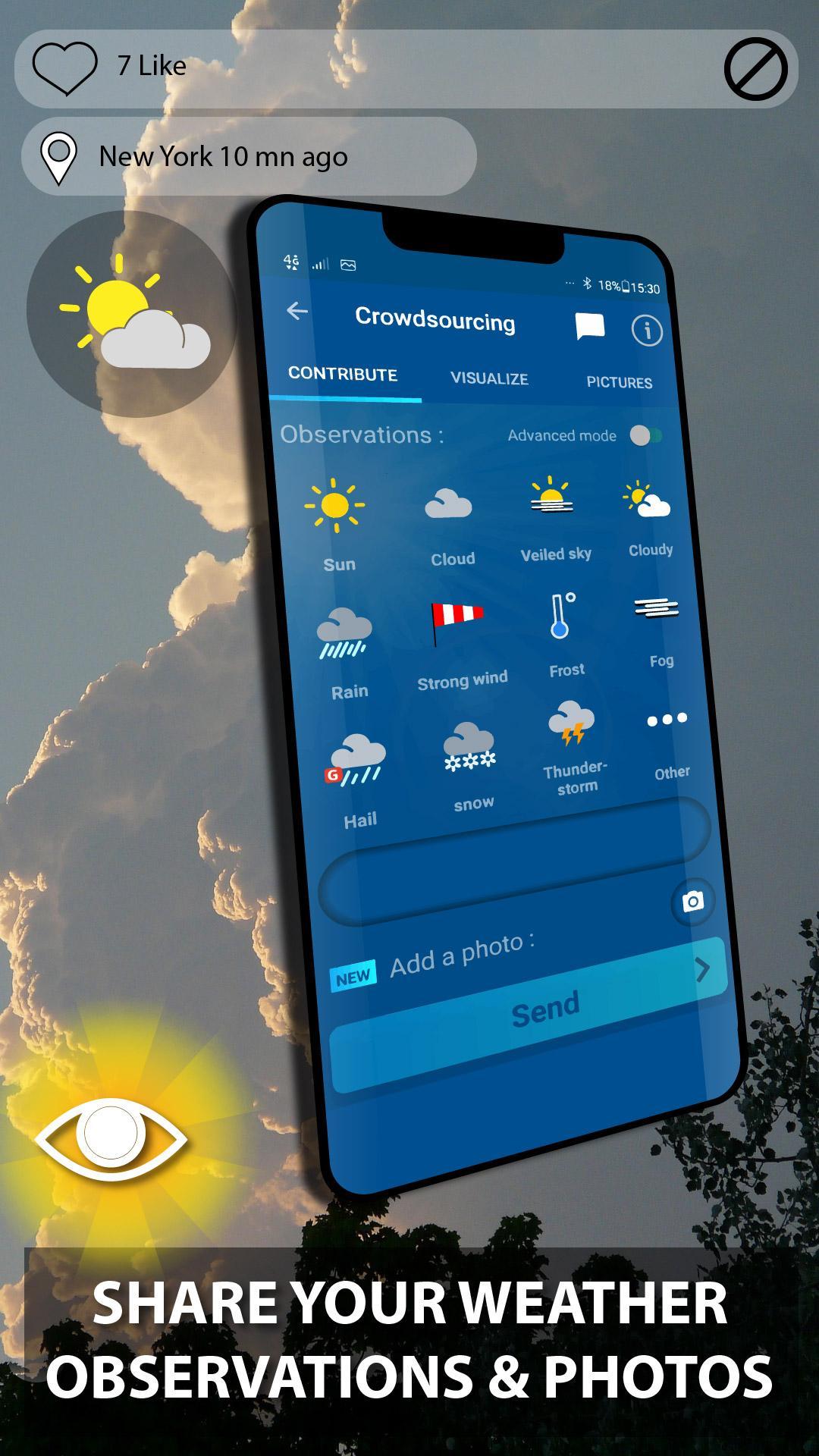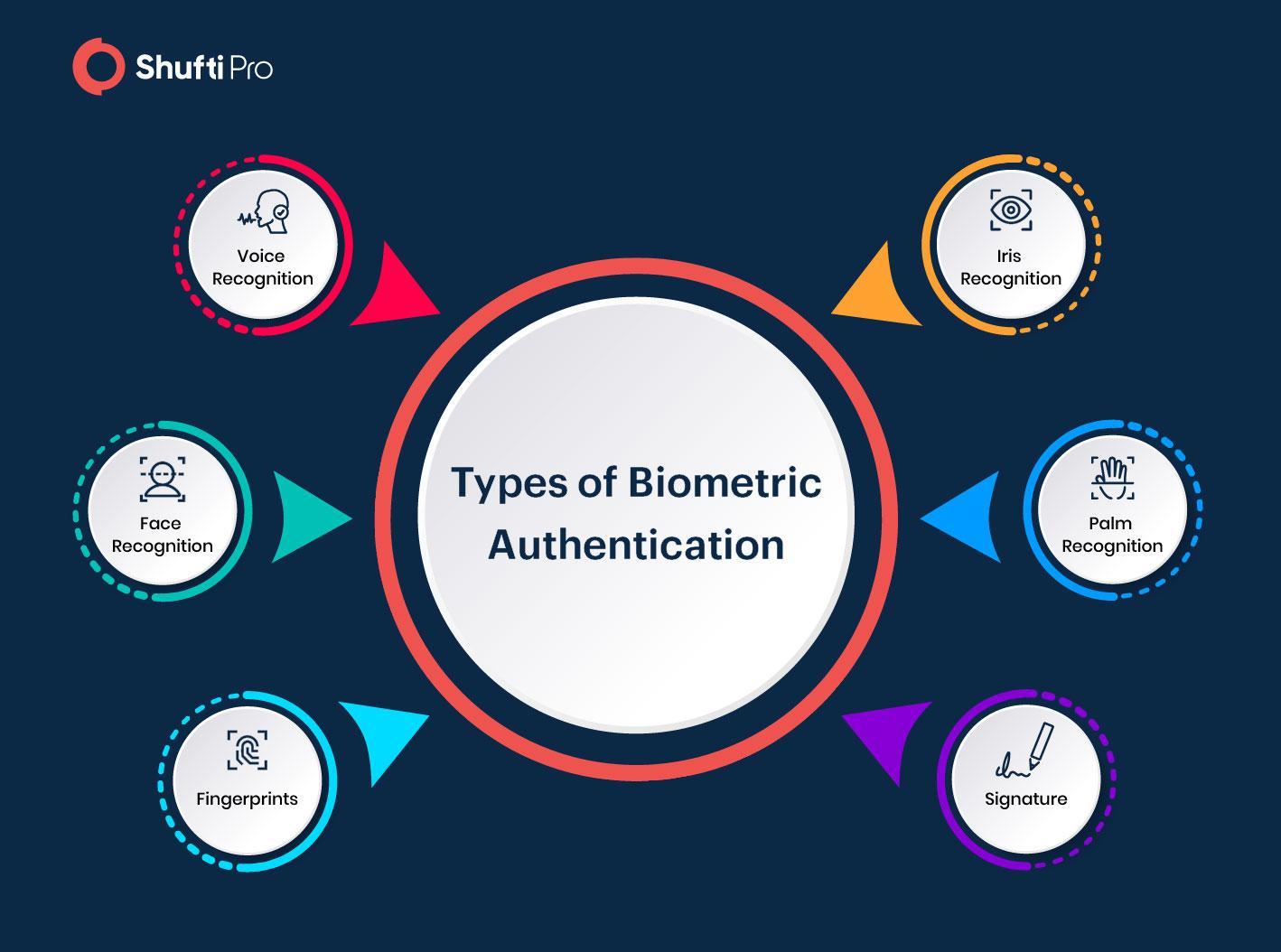RPA complements the serverless world by welcoming ML and AI into the picture. AI is data-driven and RPA is process-driven.
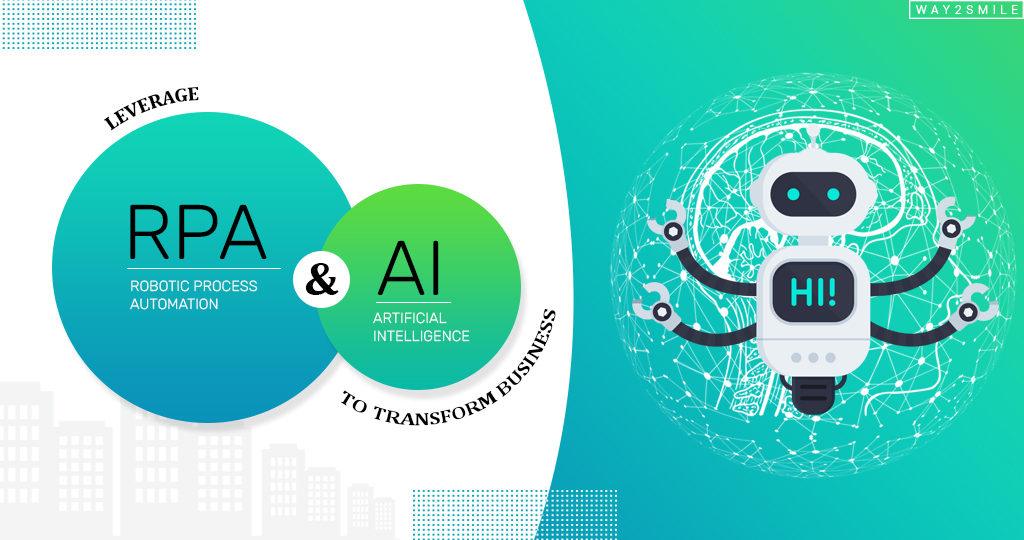 Leverage Rpa And Ai To Transform Your Business
Leverage Rpa And Ai To Transform Your Business
The decisions that an RPA instance makes are predictable and understandable based on the bots defined rules.

Rpa and ai. Ad See what 6000 global consumers said about trust ethics and AI-based engagement. On the contrary Artificial Intelligence and Machine Learning are much more data-driven. AI technologies that augment and mimic human judgment and behavior complement RPA technologies that replicate rules-based human actions says Chris Huff chief strategy officer at Kofax.
RPA is also simple to use. RPA is a technology that amplifies business values by streamlining workflow and increasing business productivity. WorkFusion Combining RPA AI Webinar.
Neuhauser explained that RPA is a very defined technology based on hard rules. At the same time it complements the AI world like Google Clouds DocumentAI or Lending Doc AI. AI can easily handle complex processes that.
AI and RPA Artificial Intelligence AI is the ability of a machine to display human-like cognitive capabilities such as reasoning learning planning and creativity. You can for example reduce the time it takes to move a lending. Difference Between RPA and AI The essential differentiator between RPA and AI is that AI is a projection of human intelligence by technology while RPA is a Software application that mimics human behavior.
WorkFusion provides an example where they mostly automated a trade finance application. Combining artificial intelligence with human ethics for better engagement. AI RPA makes automating incredibly complex business tasks a reality.
Augmenting RPA with AI technologies expands the possibilities of business process automation to include nearly any scenariocognitive bots can reason and make decisions learning on the job to become valuable resources in your human-digital workforce. Ad See what 6000 global consumers said about trust ethics and AI-based engagement. RPA and AI work in tandem to expand automation into all sorts of new areas allowing you to automate more and complex tasks.
As organizations try to squeeze as much value as they can from Robotic Process Automation it is crucial that we have a clear understanding of what it can or cannot achieve. Simply put AI is a complementary sibling to the RPA robots weve come to love. Download Our Case Studies Get Inspired How You Can Deploy RPA in Your Business.
AI is an umbrella term for multiple technologies one of which is AI it enables RPA to be more resilient and productive. Download Our Case Studies Get Inspired How You Can Deploy RPA in Your Business. RPA and AI technology are both incredible instruments to smoothen business process automation yet together they are an incredible force to deal with.
The necessity of AI integration. Still theres definitely a relationship between RPA and AI even if youre in the camp that thinks RPA does not actually qualify as AI. Robotic Process Automation is all about AI-powered digital critters that take over repetitive and manual tasks like receiving an invoice extracting the data and then entering that data into a.
So RPA in essence is a process-driven technology. Combining artificial intelligence with human ethics for better engagement. Adding AI to RPA opens up almost limitless opportunities to automate intelligent cognitive processesdriving productivity efficiency and customer satisfaction to new heights.
It uses AI to automate clunky business processes that usually involve manual human-centric work. Trade finance involves multiple parties coordinating and ensuring the delivery of goods and payments. Banks and companies communicate through letters of credit and other documents which need to be processed.
AI on the other hand is less defined. The goal is to focus on mundane repetitive tasks that are really a waste of human efforts and time. And that relationship is growing.
At the point when AI is integrated with RPA it permits the automation procedure to start a lot faster facilitating an automation continuum. Using RPA as a simple scalable and secure way to insert AI into decisions and processes radically reduces AI execution time and effort and exponentially accelerates its impact. AI enables technical systems to perceive their environment solve problems respond intelligently to triggers and act accordingly to achieve specific goals.
